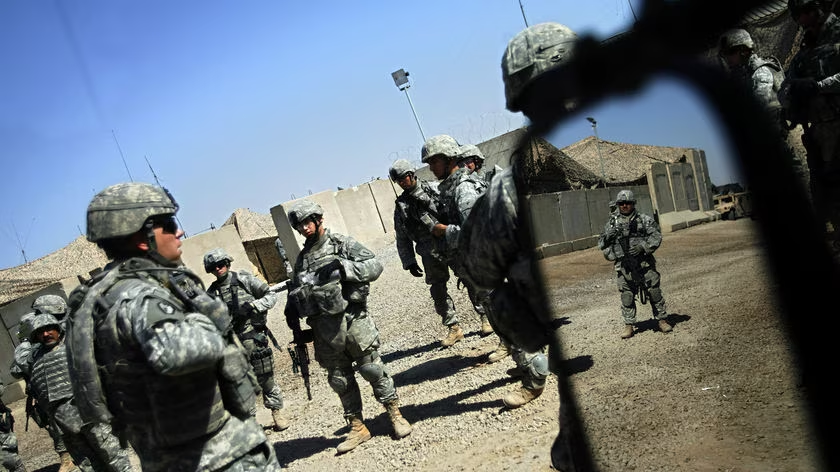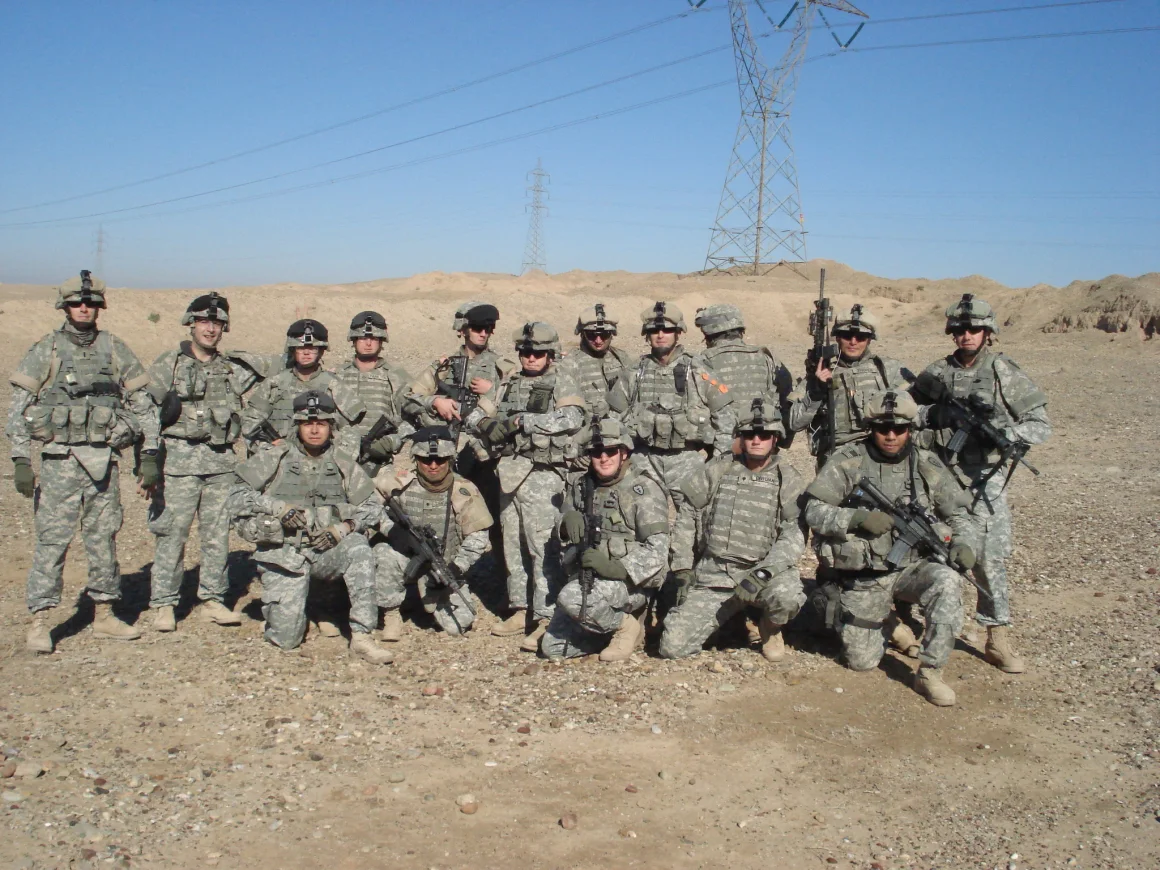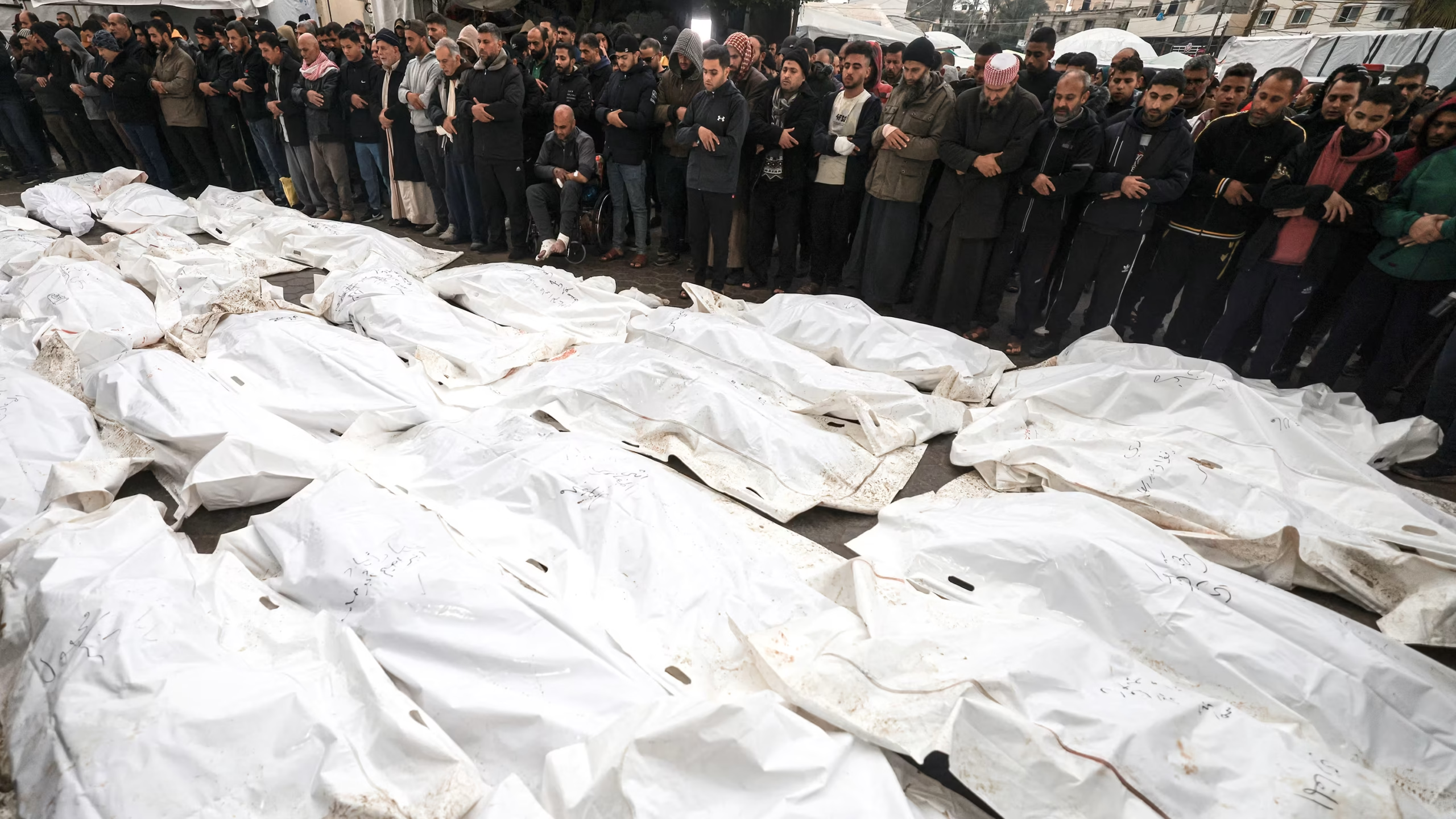Introduction: The Media’s Betrayal of Truth
In March 2003, the United States and its allies invaded Iraq under the pretext of eliminating ‘weapons of mass destruction’ (WMDs) and dismantling Saddam Hussein’s alleged ties to Al-Qaeda. Yet, within months, it became clear these justifications were built on fabricated intelligence, exaggerated claims, and outright lies – lies that were uncritically amplified by major media outlets like CNN and the BBC.
The complicity of these trusted news organizations in promoting government propaganda represents one of the greatest failures in modern journalism. Night after night, CNN’s Wolf Blitzer and BBC’s correspondents parroted Pentagon talking points about Iraq’s non-existent WMD program, while marginalizing dissenting voices. Their relentless repetition of administration claims – from aluminum tubes to mobile weapons labs – turned political spin into perceived facts, helping manufacture public consent for a disastrous war.
What made this media betrayal possible? How did networks that prided themselves on objectivity become megaphones for state propaganda? This article exposes how CNN and BBC abandoned journalistic skepticism to sell the Iraq War to the public, with consequences that still haunt international relations today.
What made these lies so effective?
The answer lies in the complicity of major Western media outlets—particularly CNN and the BBC—which uncritically amplified government propaganda, suppressed dissenting voices, and helped manufacture public consent for a disastrous war.
- Over 1 million Iraqis died as a result of the invasion and subsequent occupation.
- Thousands of U.S. and allied soldiers lost their lives in a conflict based on false pretenses.
- The Middle East was destabilized, leading to the rise of ISIS and prolonged regional chaos.
This article exposes how CNN, BBC, and other corporate media outlets became willing accomplices in selling the Iraq War, abandoning journalistic ethics in favor of sensationalism and state-aligned narratives.
TL;DR – Key Takeaways
✅ Western media, especially CNN and BBC, played a crucial role in promoting false WMD claims without proper verification.
✅ Journalists relied heavily on anonymous government sources, ignoring UN inspectors and intelligence skeptics.
✅ Embedded journalism ensured reporters were dependent on military access, limiting critical coverage.
✅ Dissent was suppressed—anti-war voices (like Phil Donahue) were fired or marginalized.
✅ The legacy of Iraq War propaganda continues today, with media repeating similar patterns in other conflicts.
1. The Playbook of Deception: How the Media Sold the War
A. The WMD Myth & Manufactured Consent
The Bush administration’s primary justification for war was Iraq’s supposed possession of chemical, biological, and nuclear weapons. Despite no credible evidence, the media:
- Amplified unverified claims (e.g., Colin Powell’s UN speech, later debunked).
- Ignored UN inspectors (like Hans Blix) who found no WMDs.
- Repeated the phrase “weapons of mass destruction” relentlessly, embedding fear in public consciousness.
Example:
- The New York Times’ Judith Miller published front-page stories citing anonymous officials claiming Iraq had WMDs—stories later retracted.
- CNN’s Wolf Blitzer and BBC’s correspondents echoed Pentagon talking points without skepticism.
B. The Saddam-9/11 False Link
Another key lie was the implied connection between Saddam Hussein and the 9/11 attacks. Polls showed 70% of Americans believed this myth—thanks to media repetition.
- CNN frequently hosted pro-war pundits who reinforced the false link.
- BBC’s coverage framed Saddam as an imminent threat, despite intelligence agencies denying any Al-Qaeda ties.
2. CNN’s Complicity: From News to Propaganda
A. Judith Miller & The New York Times’ Failures
Though not CNN, The New York Times set the tone for uncritical WMD reporting, and CNN followed suit:
- Miller’s sources were often Bush administration officials with vested interests.
- Her reporting was cited by CNN, Fox News, and others, creating an echo chamber.
Aftermath:
- The Times issued a mea culpa in 2004, admitting flaws in its reporting.
- Miller was later discredited, but the damage was done.
B. CNN’s Reliance on Government Sources
- Pentagon-approved analysts dominated airtime.
- Critical voices (like Scott Ritter, a former UN weapons inspector) were sidelined.
- “Shock and Awe” coverage glorified military power while downplaying civilian casualties.
Quote:
“There was almost no skepticism. The media became a conveyor belt for government propaganda.”
— Dan Rather, former CBS anchor
3. BBC’s Failures: The Hutton Inquiry & Institutional Bias
A. The “Sexed-Up Dossier” Scandal
- BBC reporter Andrew Gilligan accused the UK government of exaggerating WMD claims in a 2003 report.
- The government denied it, leading to the Hutton Inquiry.
- Though Gilligan’s wording was criticized, his core claim was later proven true—the dossier had been manipulated.
Impact:
- BBC apologized under pressure, damaging its credibility.
- The inquiry whitewashed government lies, discouraging further scrutiny.
B. Pro-War Bias in BBC Coverage
- Anti-war voices (like George Galloway) were marginalized.
- Reports emphasized Saddam’s brutality while ignoring the consequences of invasion.

4. Embedded Journalism: The Death of Independent Reporting
To ensure favorable coverage, the Pentagon embedded journalists with military units:
✅ Pros: Provided frontline access.
❌ Cons:
- Reporters avoided criticizing troops they depended on for safety.
- Civilian casualties were underreported.
Example:
- CNN’s Walter Rodgers described the invasion as “a magnificent display of firepower”—hardly neutral language.
5. Silencing Dissent: How Anti-War Voices Were Crushed
- Phil Donahue (MSNBC’s top host) was fired for opposing the war.
- CNN canceled shows featuring anti-war guests.
- The BBC relegated skeptics to late-night slots.
Quote:
“The media didn’t just fail—it actively participated in the deception.”
— Noam Chomsky
6. The Legacy: Eroded Trust & Repeating the Cycle
The Iraq War destroyed public faith in media:
📉 Only 32% of Americans trust mainstream news today (Gallup, 2023).
📉 Similar propaganda tactics resurface in Syria, Ukraine, and Gaza coverage.
FAQ: Unanswered Questions About Media Complicity
Q: Did journalists know they were spreading lies?
A: Some did (like Knight Ridder’s reporters), but most prioritized access over truth.
Q: Has CNN/BBC apologized?
A: Partial acknowledgments, but no major accountability.
Q: Could this happen again?
A: Yes—corporate media still relies on government and military sources.
Conclusion: A Call for Media Accountability
The Iraq War was not just a failure of intelligence—it was a failure of journalism. By acting as megaphones for state propaganda, CNN and BBC betrayed their duty to inform the public.
What can we do?
- Demand transparency from media outlets.
- Support independent journalism (e.g., The Intercept, Declassified UK).
- Never forget the cost of lies.
“Those who cannot remember the past are condemned to repeat it.”
— George Santayana
Was the media complicit in the Iraq War? Share your thoughts below.
References & Further Reading
Investigative Journalism
- The New York Times (2004) – “The Times and Iraq”
- Full Public Editor’s Report (NYT’s self-critique of Iraq War coverage)
Documentaries
- The War You Don’t See (2010) – John Pilger
- Official Film Website
- Full Documentary (Internet Archive) (Public interest copy)
Books
- Manufacturing Consent – Noam Chomsky & Edward Herman
- Publisher’s Page (Pantheon)
- PDF Excerpt (Chomsky’s Official Site) (Author-approved preview)
Government Inquiries
- Hutton Inquiry Transcripts (UK Government)



